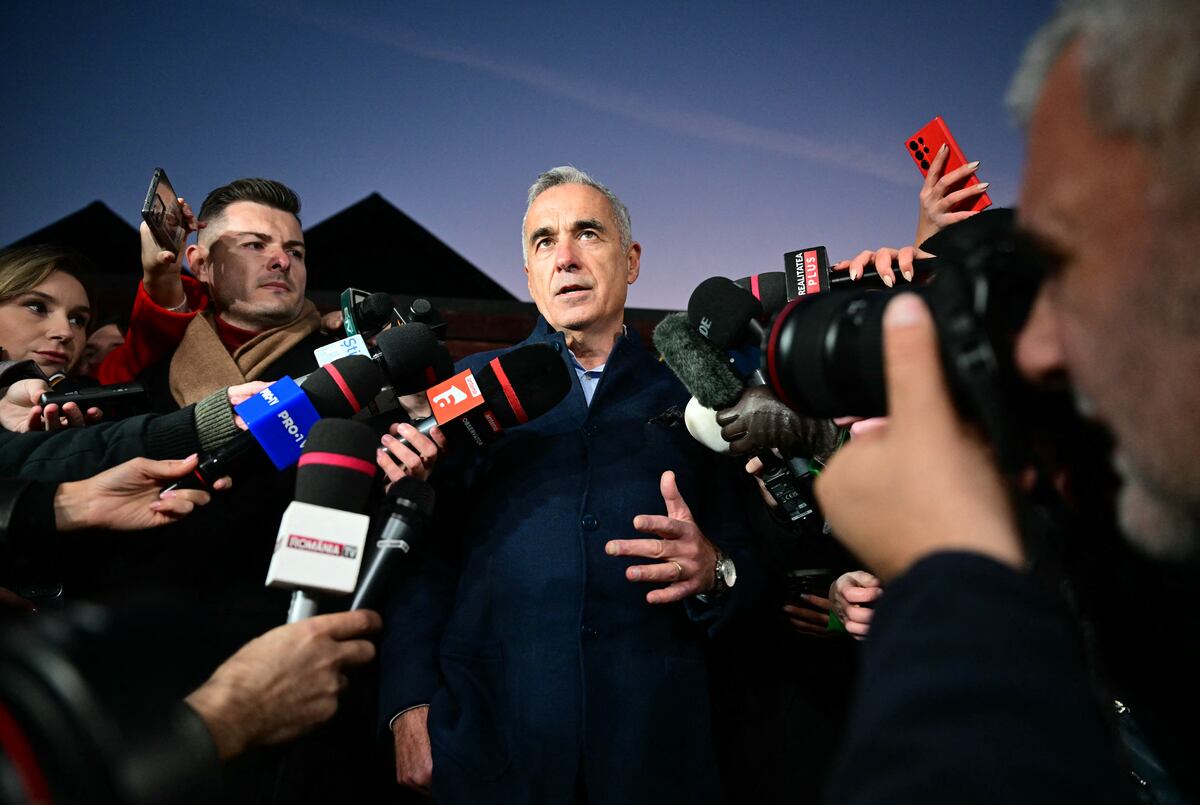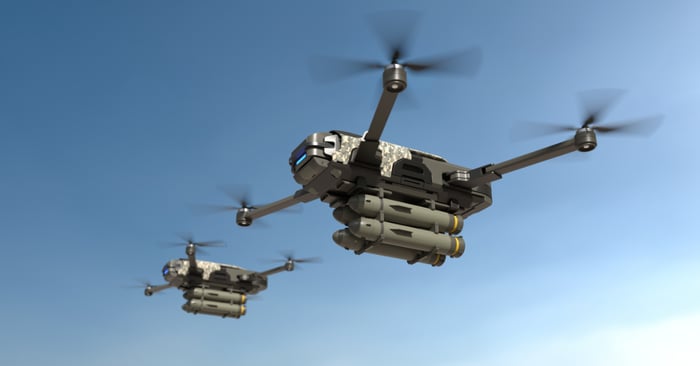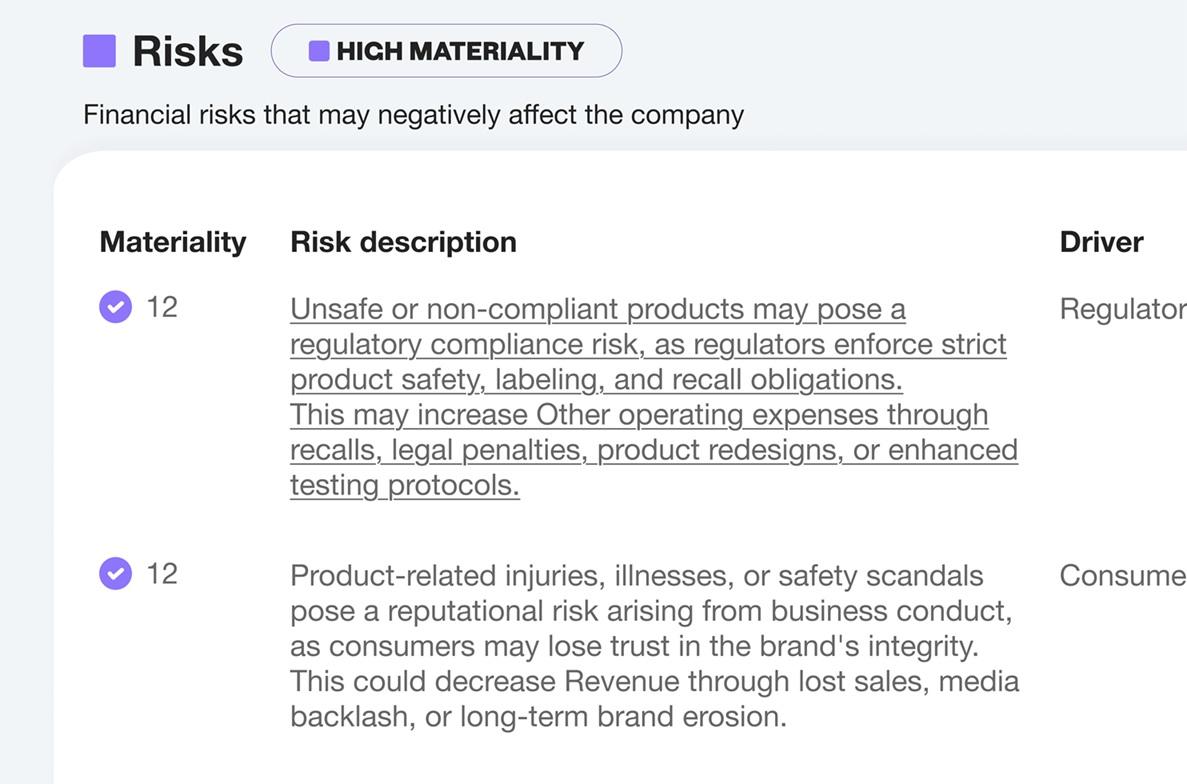The recent annulment of Romania's presidential election run-off underscores a critical juncture for the nation, particularly regarding its alignment with NATO amid rising concerns of Russian interference. Calin Georgescu, a nationalist candidate with pro-Putin sentiments, emerged as a surprising frontrunner in the first round, raising alarms about his potential impact on Romania's foreign policy and military commitments. The constitutional court's decision to rerun the election, prompted by reports of aggressive Russian hybrid tactics, highlights the fragility of Romania's political landscape and the stakes involved in maintaining its Western alliances. As a key NATO partner with strategic borders and military assets, Romania's trajectory is pivotal not only for its own security but also for the broader stability of Eastern Europe.
The implications of this electoral disruption extend beyond immediate political outcomes; they reflect the resilience of institutional safeguards designed to uphold Romania's commitments to NATO. Analysts suggest that even if Georgescu were to assume the presidency, constitutional mechanisms would limit his ability to unilaterally alter foreign policy or military alliances. The interplay between the presidency and the government, coupled with parliamentary dynamics, indicates that Romania's strategic orientation is likely to remain anchored in its NATO obligations. As the nation navigates this uncertain political terrain, the focus will be on how effectively it can counter external pressures while reinforcing its commitments to collective defense and regional stability.








